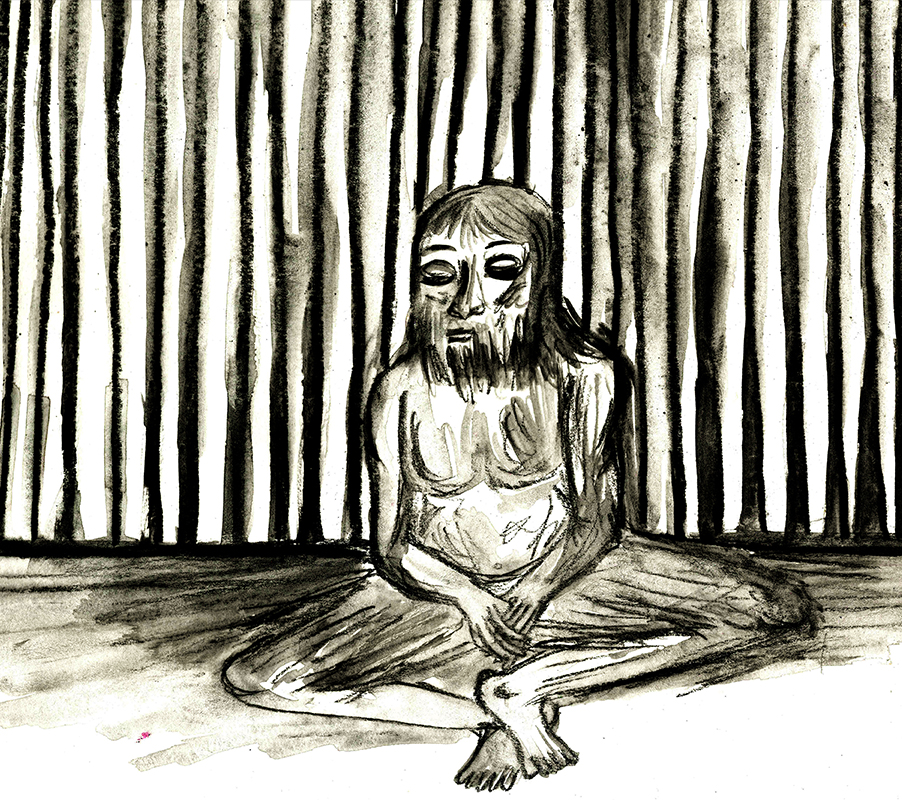The Kempeitai Headquarters at Oxley Rise is infamous in Singapore as one of the primary locations for the Kempeitai’s torture of civilians. One such individual was Mohammad Bin Mohammad Salleh, who was incarcerated there and tortured for a period of more than three months during the Japanese Occupation.
In 1942, Mohammad lived at 18 Baghdad Street, and prior to the Japanese Occupation, he had been a private in the Singapore Volunteer Forces.
On 14th December 1942, the Kempeitai raided his house and he was taken in a van to Oxley Rise. He was then stripped to his pants and shirt and left in a cell for nearly three days. Mohammad noticed that there were men in other cells who were also members of the Singapore Volunteer Forces and suspected of being Communists; he estimated there were around 20 Volunteers.
Sergeant Major Hyodo Toshiyuki and Sergeant Major Maeyama Kunio handled Mohammad’s interrogations and torture at Oxley Rise. Both men were put on trial after the war for the torture of Mohammad and other prisoners at Oxley Rise.
Mohammad underwent two interrogations by Hyodo: the first was two days after he was arrested on 14th December, and the second was around five days after his arrest. He was tortured on the second occasion by Hyodo who tried to force him to confess that he was a member of the Communist Party. When Mohammad refused to confess, he was beaten with coils of rope, receiving around 30 to 40 lashes. He was also forced to carry a chair and beaten when he dropped it. He was also tied up to a magneto with a wire attached to his wrist and was given electric shocks.
Maeyama took over the third and final interrogation that occurred 20 days after Mohammad’s arrest. Maeyama beat Mohammad when he refused to confess. After the beating, when Mohammad again refused to confess to being a Communist, he was forced to lie down and had a wet towel placed on his face. Maeyama then poured water into Mohammad’s nose and mouth, continuing to demand his confession until a Japanese officer stopped him. Mohammad noted that Maeyama seemed to relish in the torture. During the torture, there was an interpreter present, as well as a Chinese boy whose job was to carry the water during Mohammad’s torture.
Mohammad was released from Oxley Rise on 31st March 1943, more than 3 months since his arrest on 14th December 1942. During the Japanese Occupation, Mohammad was a municipal worker. However, his Japanese employers sacked him as he was absent from work due to his imprisonment in Oxley Rise. Unfortunately, the Kempeitai did not provide a letter to explain his absence. It is unknown if he managed to regain his employment.
